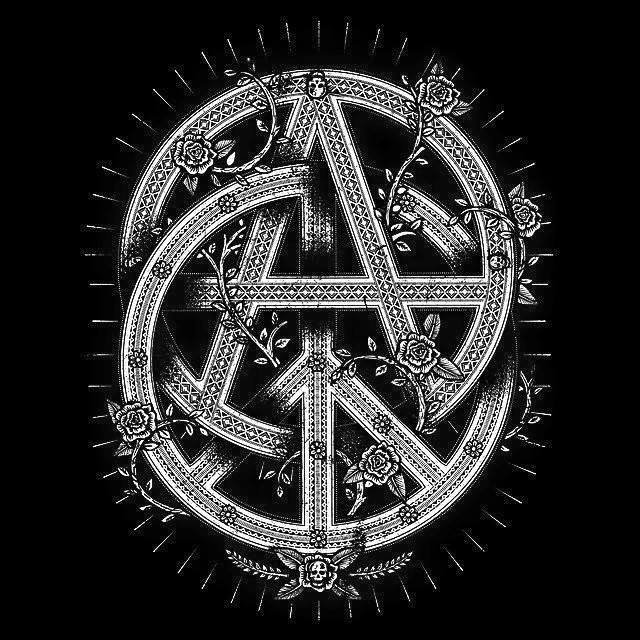Word of the Week, Ep. 3: "Religion"

Definition
- The belief in and worship of a superhuman controlling power, especially a personal God or gods.
1.1) A particular system of faith and worship.
1.2) A pursuit or interest followed with great devotion.
Origin
Middle English (originally in the sense ‘life under monastic vows’): from Old French, or from Latin religio(n-) ‘obligation, bond, reverence’, perhaps based on Latin religare ‘to bind’.
According to Cicero derived from relegere "go through again" (in reading or in thought), from re- "again" (re-) + legere "read." However, popular etymology among the later ancients (Servius, Lactantius, Augustine) and the interpretation of many modern writers connects it with religare "to bind fast" (rely), via notion of "place an obligation on," or "bond between humans and gods." In that case, the re- would be intensive. Another possible origin is religiens "careful," opposite of negligens. In English, meaning "particular system of faith" is recorded from c. 1300; sense of "recognition of and allegiance in manner of life (perceived as justly due) to a higher, unseen power or powers" is from 1530s.
Using Religion as Power

Throughout history organized Religion has been used to rule, enslave and subjugate countless people believing in a "divine right of kings" or some form of "manifest destiny." (R)eligion has no doubt been used to establish illegitimate authority to "bind" people for centuries.
Using religion Against Power

But (r)eligion, the idea, has served as a basic teaching of right and wrong. Religion as "a particular system of faith or worship," without a coercive authoriry dictating the dogma for personal gain is a teaching of basic morals and values.
The choice is ultimately up to the individual.
Literacy is slavery unless critical thinking is applied.
-Aahabb-

This post is part of the #minnowuprising, an effort to rack up some SP for minnows and redfish during the month of July. Check out @taskmaster4450 for more info. And don't forget to #upvoteplankton!
Evenin' Cap'n. I derived great insight into religion through the works of Joseph Campbell. His series of interviews with Bill Moyers is a classic (The Power of Myth), and should be viewed by anyone even remotely interested (or invested) in the subject of religion. His books provide an even richer context and invaluable insight (though are not generally written for the casual reader, and will appeal most to those who enjoy a more serious academic style).
Religion is notorious for its use as a control mechanism, but we should be careful to not toss both baby and bathwater aside in reactionary indignation. Many materialist atheists can trace their current perspective back to such rebelliousness, and though you may eventually come to this conclusion, it should not be based upon the failings of religion.
Most notable of these failings is the exclusivity of many religions (i.e. XYZ person and/or doctrine is the only path to salvation, etc.). This notion Campbell will alleviate quite readily, as will any honest analysis of religious history. Common themes permeate nearly all the religions of the world, and will be easily discerned if their study is approached from the perspective of seeking personal value (a topic which I wrote briefly about here), as opposed to factual historical or metaphysical content.
More than just morality (which is actually the scientific study of behavioral cause-and-effect), religion can provide an accessible metaphorical framework for understanding the grand mysteries of the cosmos.
Though religion has been the tool of tyrants for millennia, the poison pill is commonly served together with a body of truth; such that it may piggy-back upon the resonance such truth inspires. Remembering that all evil is a perversion of valid truth, if we can see past the opportunistic, deceptive interpretations of religious mythology, we may yet find something of immense personal and social value hidden within these ancient teachings.
Campbell seemed to know his stuff.
Evil being wrapped in truth is a clever trick that has been used for generations to dupe the masses. If people studied religion with a real intent of seeking personal value as opposed to interpreting it has historically factual and metaphysical I think there would be less "radical" religious lunatics.
Absolutely, but it’s difficult to shake off that intetpretation when it’s being purposefully promoted on such a massive scale. Also, it’s a far simpler interpretation requiring little thought, which is very agreeable to a society who has been taught that indoctrination is education.